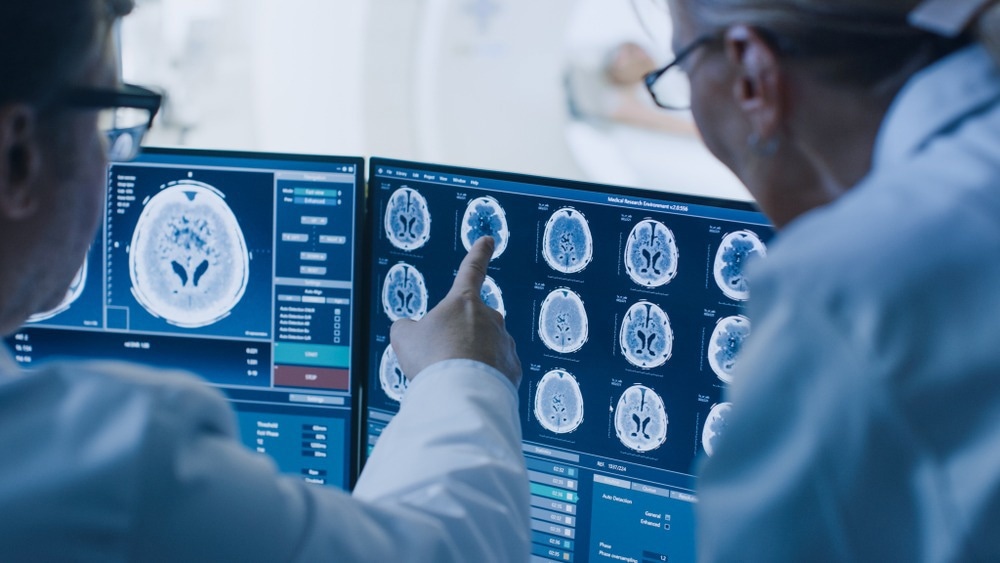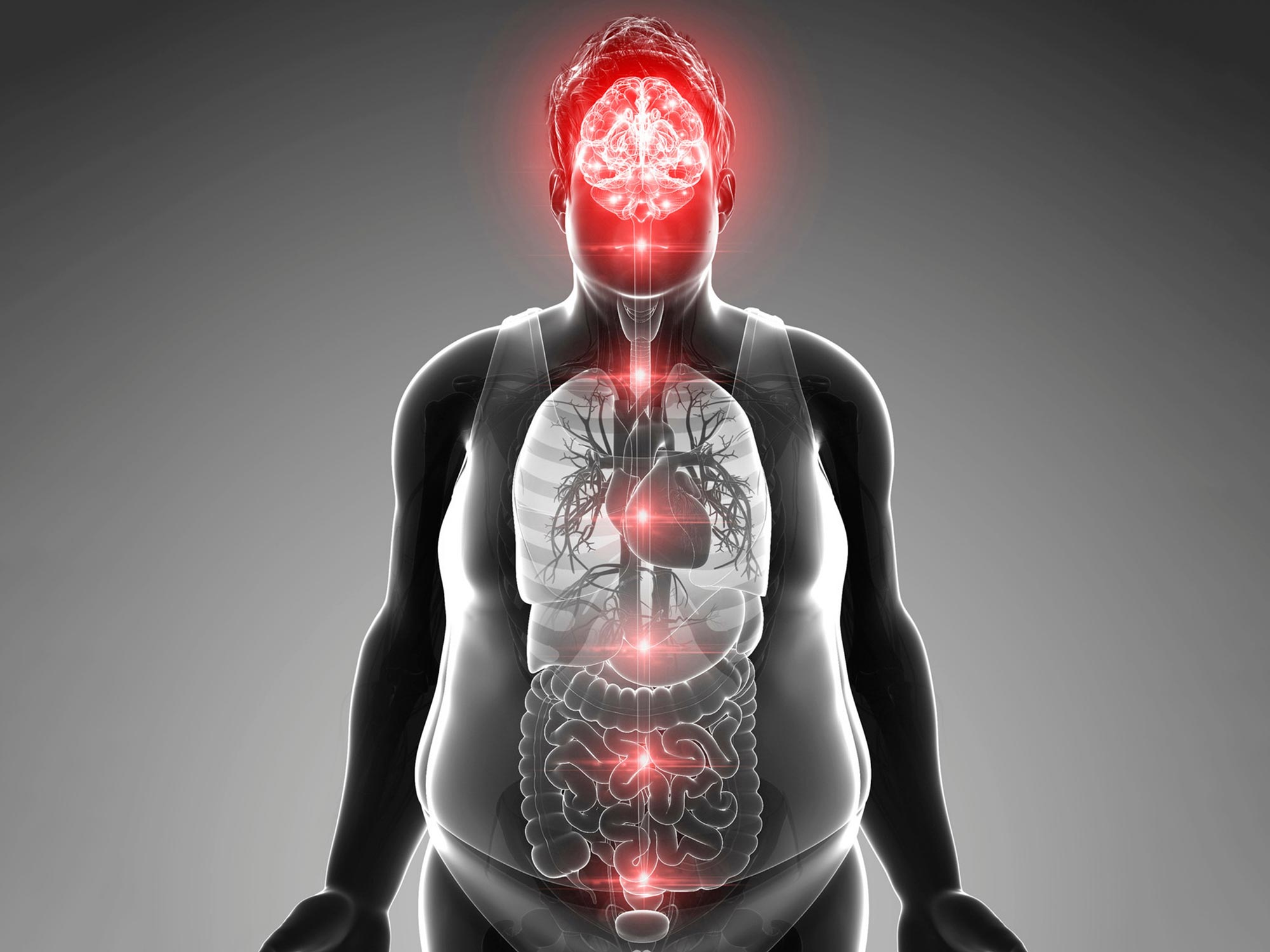Study reveals neurological effects of reused frying oils
A new study found higher levels of neurodegeneration in rats that consumed reused deep fried cooking oils and their offspring compared to rats on a normal diet. Deep frying, which involves completely submerging food in hot oil, is a common method of food preparation around the world. Results from the study also suggest that the …










